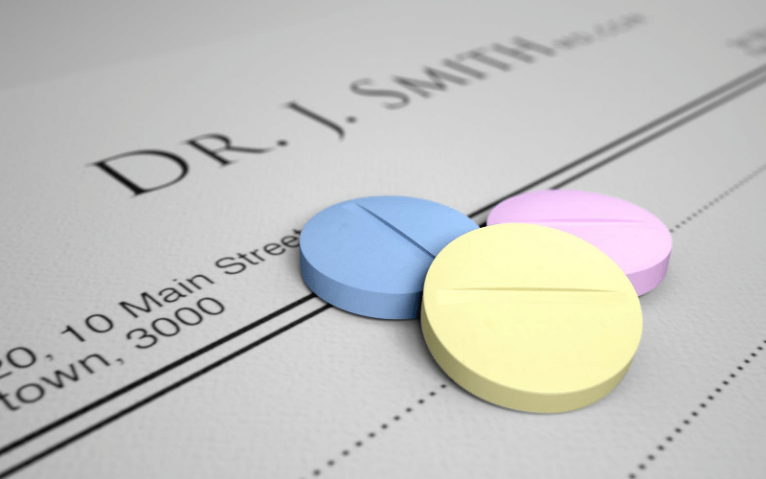How Medical Professionals and Addiction Go Hand in Hand
Generally, you might not think that medical professionals and addiction go together. Unfortunately, it’s true. Countless doctors and nurses struggle with addiction.
What’s even more alarming is that medical professionals have access to the most potent, dangerous drugs in existence. Let’s take a look at some disturbing facts about the connections between medical professionals and addiction.
Statistics on Medical Professionals and Addiction
According to studies done on drug abuse among medical professionals:
- 10-15 percent of doctors struggle with addiction to drugs or alcohol
- Twenty percent of nurses struggle with drug/alcohol abuse and also addiction (Journal of Clinical Nursing).
- The most commonly abused drugs among doctors and nurses are IV opioids, alcohol, marijuana, cocaine, anesthetics (sedatives like benzos), and opioid pills.
- Many treatment programs for nurses and doctors ban them from using medication-assisted treatment.
With all of their medical knowledge and expertise, why do doctors and nurses abuse drugs? Generally, physicians abuse drugs at or more than the rate of the general public. And what can be done about it?
Why Do So Many Medical Professionals Struggle With Addiction?
First, why are medical professionals abusing drugs and alcohol? Several factors are leading to these high addiction rates. First, being a medical professional is stressful! Generally, doctors go through years of intense classes and training. Also, nurses experience similarly demanding programs. After med school, doctors and nurses live busy lives. They work long shifts, often twelve-hours at a time, and have few breaks.
Additionally, there’s also the fact that medical professionals are making life or death decisions. This stress is also true of all levels of medical professionals. From the orderlies and interns, right up to the chief surgeons, peoples’ lives are in their hands.
That’s enough to make anyone crave a drink or drug. Next, think about the student debt medical professionals face. Ordinarily, doctors and nurses have some of the most expensive educations. Indeed, this debt does nothing but add to their stress levels. Finally, and perhaps most obviously, medical professionals also have access to drugs that “normal” people simply don’t have. Powerful and addictive substances surround doctors and nurses. As a result, many seek easy and quick relief for the stress they experience in the medical field.
What Can We Do to Help?
Thankfully, there’s hope. There are treatment centers, counselors, and other resources around the country that specialize in treating medical professionals. For example, many treatment centers work with licensing boards and companies to provide treatment for doctors and nurses while they work to have their licenses reinstated. Losing a license is one potential consequence of abusing drugs as a medical professional, but fortunately, there are many paths to regaining a license. Completing a recovery program is just one-way doctors and nurses can beat addiction and get back to saving lives.
While the road to recovery isn’t always easy, it is possible and within everyone’s grasp. Regardless of the stress, doctors and nurses can get sober. Anyone can get sober! The first step is reaching out for help.









